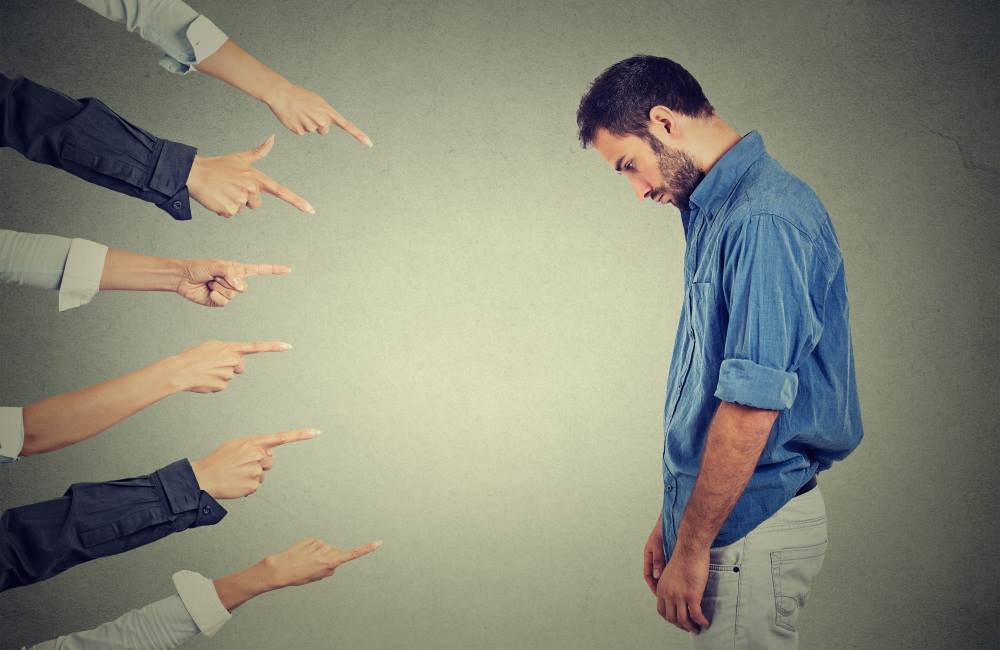Cannabigotry: Allowance Does Not Equal Acceptance
The bigotry or intolerance and disapproval of marijuana does not end with legalization.
It’s one thing to rally support to allow marijuana. Influencing public opinion to decriminalize pot and tax the heck out of it is one thing. Logistically, it’s not a terribly hard sell, as we’ve seen in states like Oregon, Alaska and Washington. Spend less tax money incarcerating stoners, legitimize product and snuff out black markets. Oh, and generate revenue for stuff no one can argue with, like education? Unless you’ve got some opportunistic red tape to deal with, like Ohio did, who wouldn’t vote for legalizing marijuana these days? Anyone?
Cannabigotry: Understanding What it Means
But getting people to vote for marijuana legislation is only the tip of the iceberg. The road to responsible marijuana reform has many speed bumps and potential hazards.
Legalization does not mean the campaign for cannabis is over. The fight, for cannabis activists, is only just beginning.
This year’s 2015 Seattle Hempfest featured a panel called “Cannabigotry: We Legalized, Why Are We Still Fighting.” With a focus on education and community activism or organization, panelists addressed the “bigotry” that closely follows state level marijuana legalization. Employment law, discrimination, health care policies, grow facilities and city ordinances are just a few of the open issues that aren’t necessarily addressed with the legalization of marijuana recreationally and medically. These outstanding issues bring big headaches for cannabis activists and entrepreneurs residing in the states.
Allowance does not equal acceptance. Enter the new fight. The fight to end cannabigotry, which will require great patience, education, discussion and man power.
Therefore the legalization of marijuana brings with it great responsibility to those fighting for it. How have you prepared?




